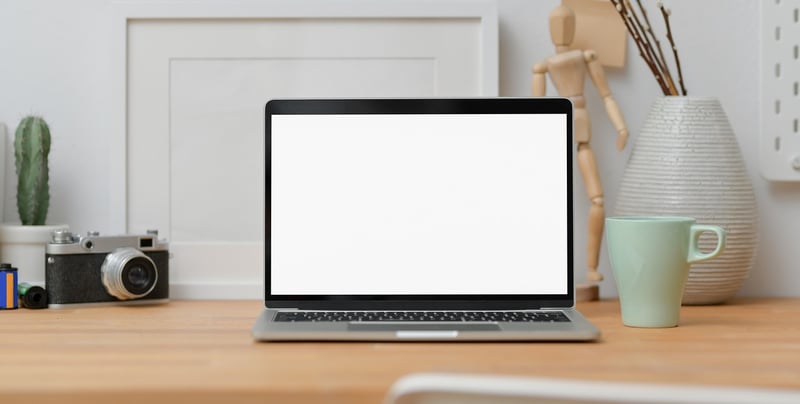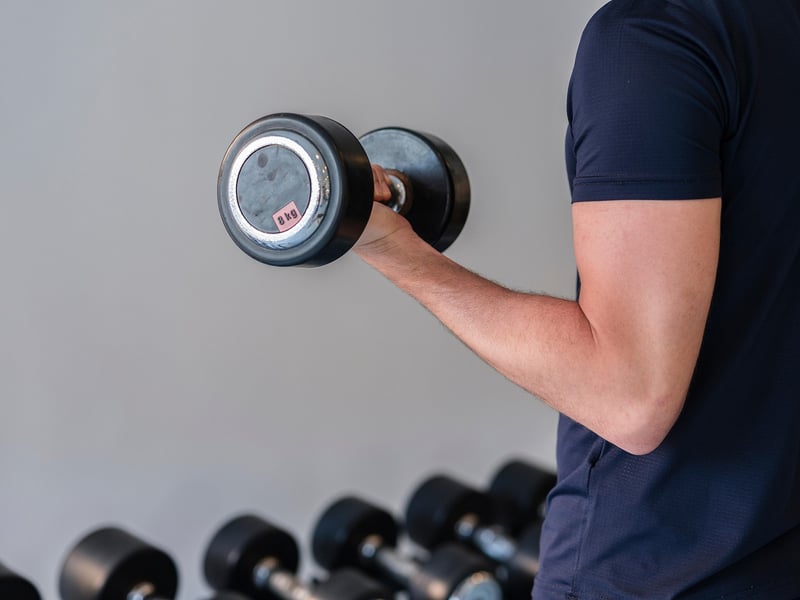Progressive Muscle Relaxation
Effective Methods to Unwind and Destress
Life can get overwhelming at times, and it's crucial to find ways to unwind and destress to maintain a healthy balance. Incorporating relaxation techniques into your routine can help reduce stress levels, improve overall well-being, and boost productivity. One such effective method is Progressive Muscle Relaxation (PMR).
Progressive Muscle Relaxation (PMR)
PMR is a relaxation technique that involves tensing and then relaxing each muscle group in the body systematically. This method helps release physical tension and promote a sense of deep relaxation. Here's how you can practice PMR:
- Find a quiet and comfortable place: Choose a peaceful environment where you can lie down or sit comfortably without distractions.
- Start with deep breathing: Take a few slow, deep breaths to help calm your mind and body.
- Progressive Muscle Relaxation steps:
- Tense the muscles in one part of your body, such as your fists or shoulders, for about 5-10 seconds.
- Release the tension suddenly and feel the muscle relax for 20-30 seconds.
- Move on to the next muscle group and repeat the process.
- Finish with deep breathing: Once you have gone through all muscle groups, take a few more deep breaths to end the session.
Regular practice of PMR can help alleviate muscle tension, reduce anxiety, and improve sleep quality. It is a simple yet powerful technique that can be done anywhere and at any time.
Other Methods to Unwind and Destress
In addition to PMR, there are various other techniques you can incorporate into your daily routine to unwind and destress:
- Mindfulness Meditation: Practicing mindfulness can help you stay present and calm in the moment, reducing stress and promoting relaxation.
- Yoga: Yoga combines physical postures, breathing exercises, and meditation to enhance relaxation and reduce stress levels.
- Aromatherapy: Using essential oils like lavender or chamomile can have a calming effect on the mind and body.
- Listening to Music: Relaxing music can help soothe your nerves and create a peaceful atmosphere.
- Spending Time in Nature: Connecting with nature can have a grounding effect and help you unwind from daily stressors.
Remember, finding the right relaxation technique is a personal journey, and it's essential to explore different methods to discover what works best for you. Prioritize self-care and make time to unwind regularly to maintain a healthy work-life balance.

Take the first step towards a calmer, more relaxed you by incorporating these effective relaxation techniques into your daily routine.
Relax, destress, and prioritize your well-being!
